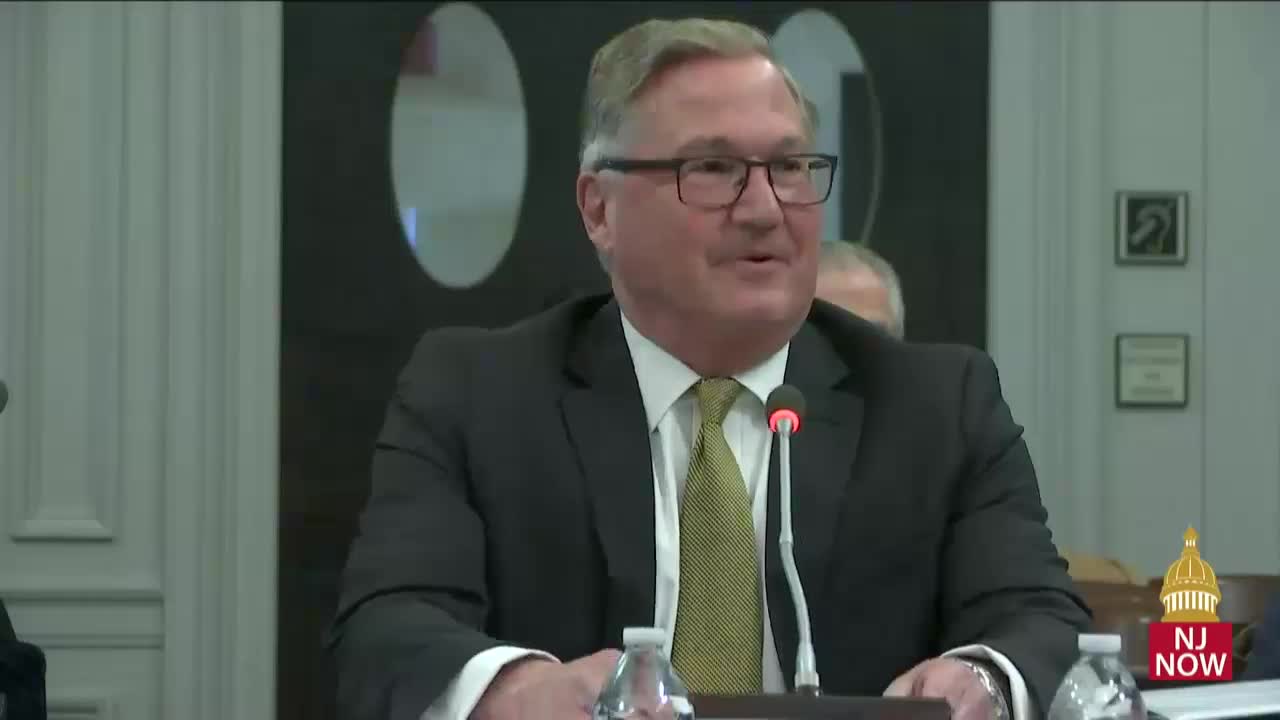Article not found
This article is no longer available. But don't worry—we've gathered other articles that discuss the same topic.
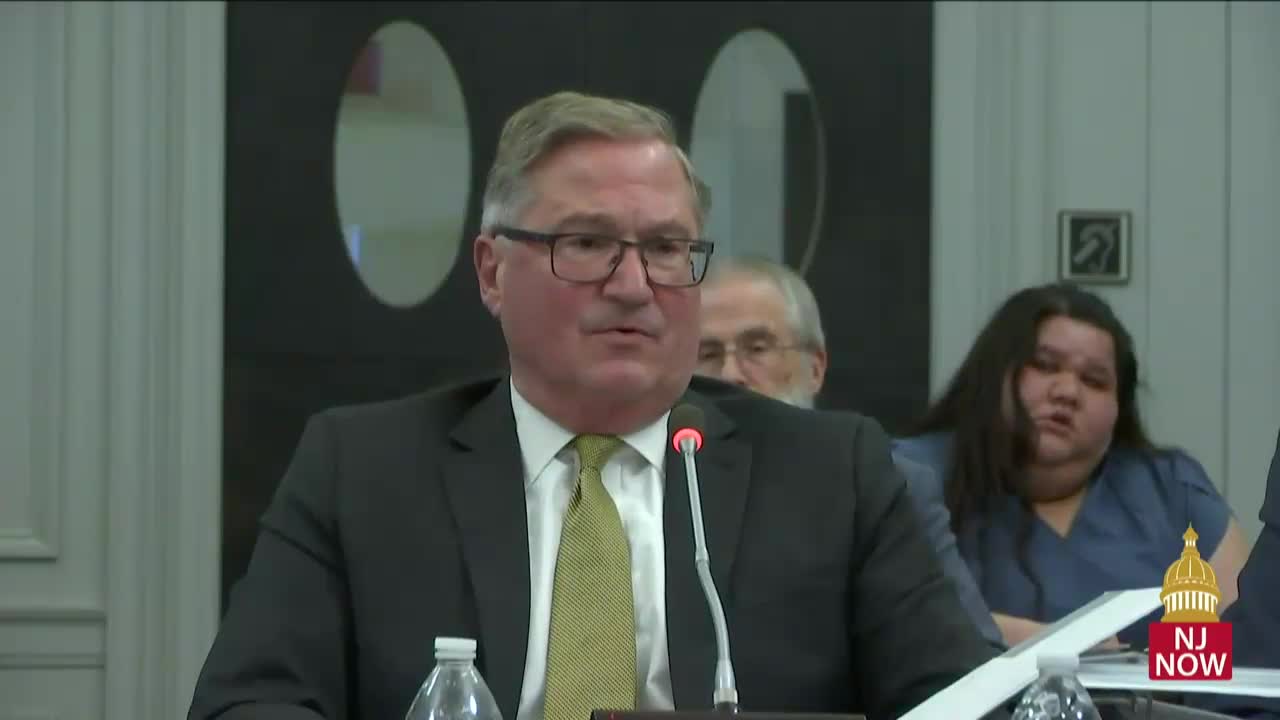
Judiciary highlights virtual courts, cybersecurity priorities and expungement processing challenges
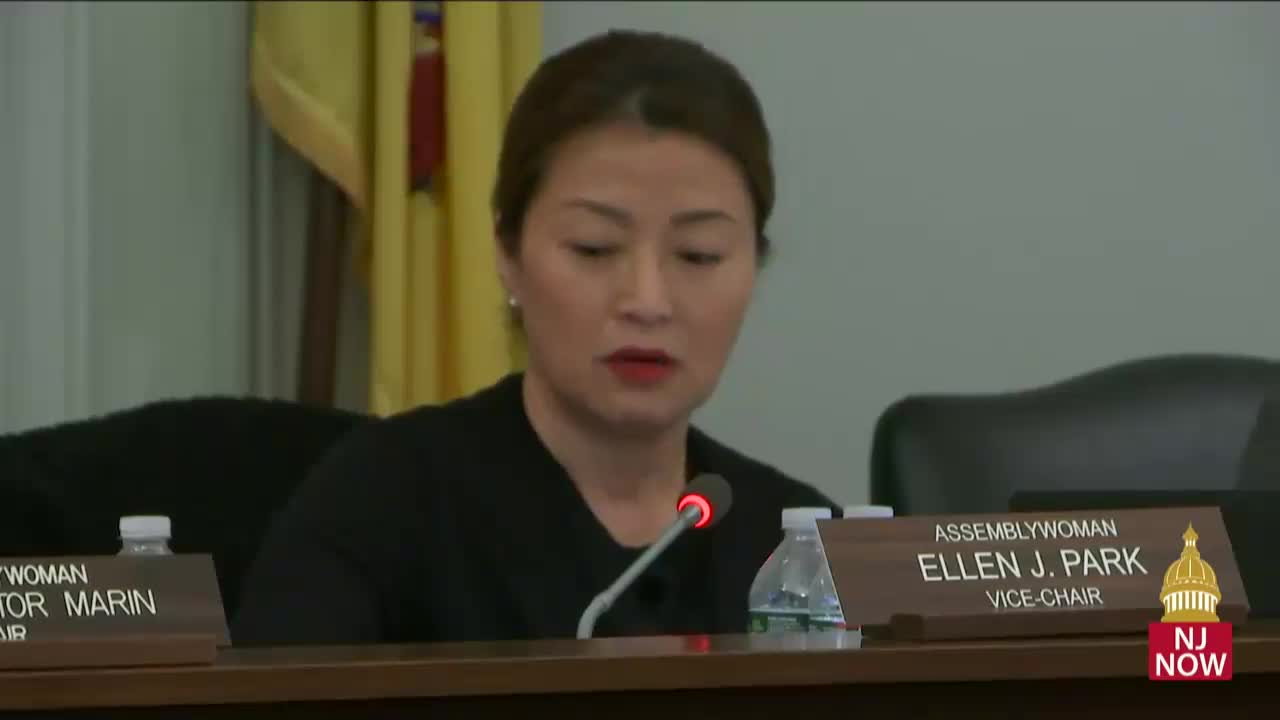
Committee hears complaints about Madden list and representation gaps in family‑offense and landlord‑tenant dockets
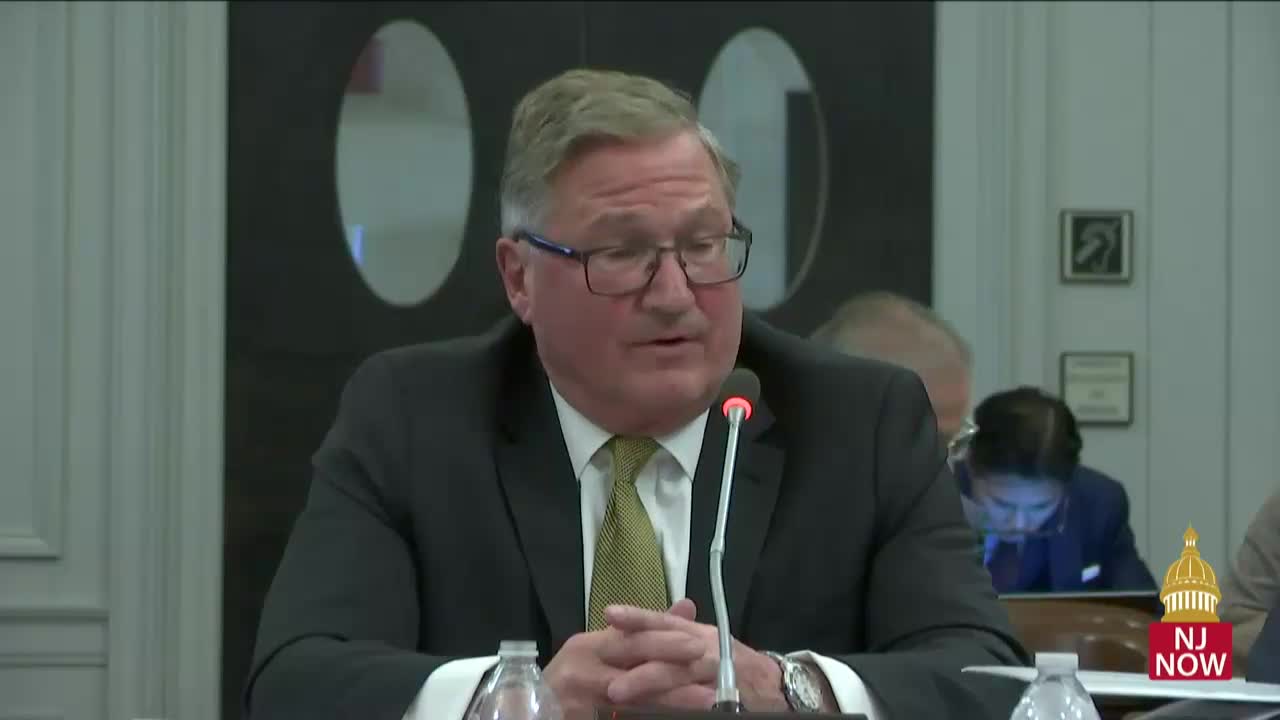
Judiciary outlines rollout of new affordable housing dispute resolution program; committee raises impartiality and capacity questions
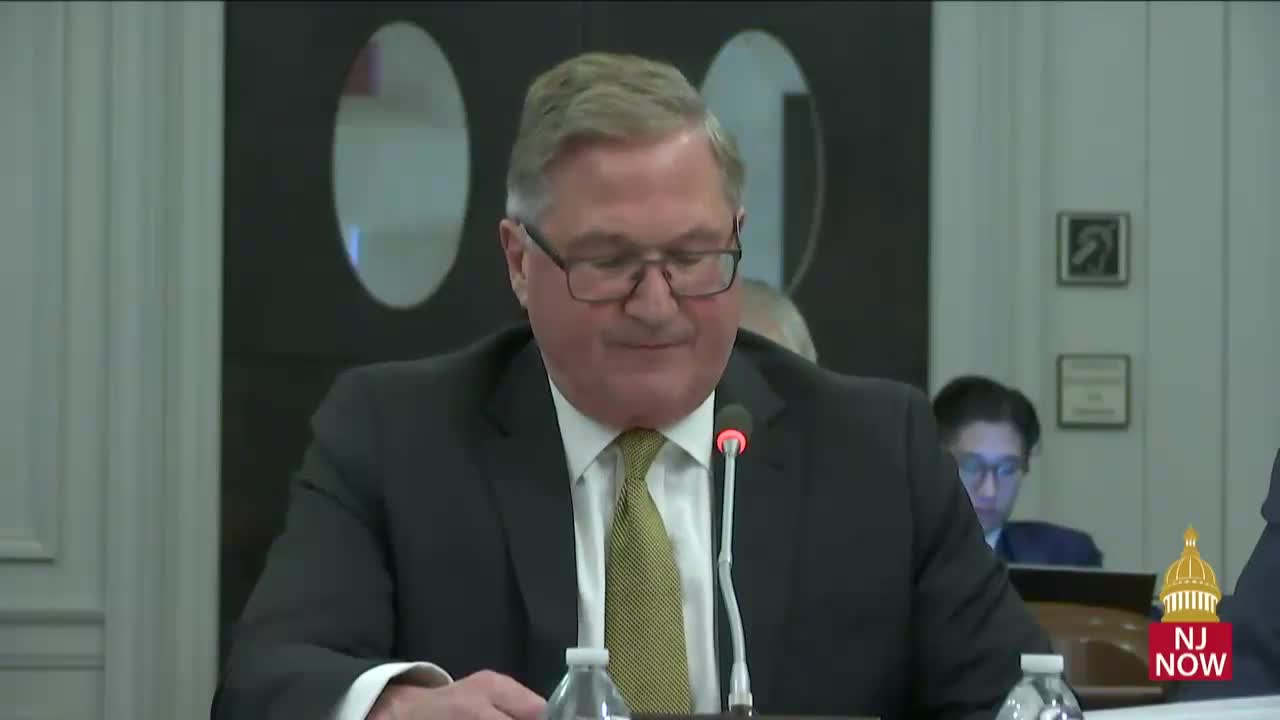
Judiciary highlights recovery court, jobs program and gun‑violence initiative outcomes
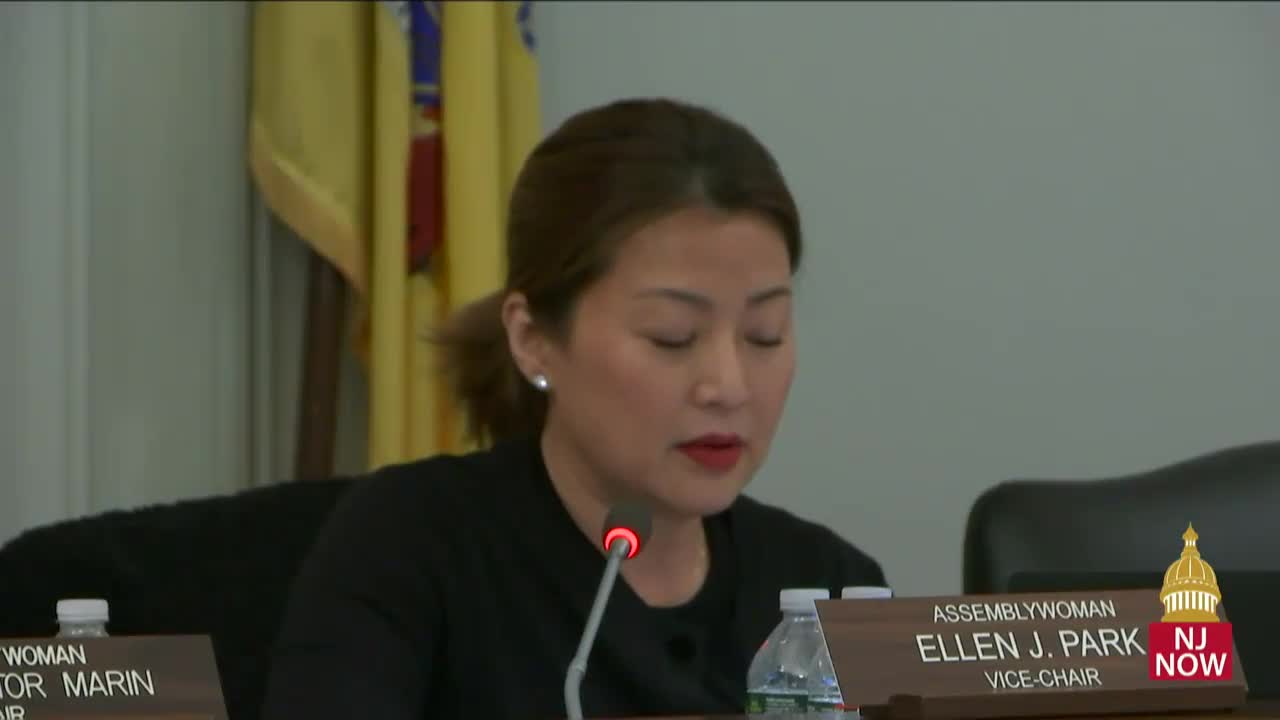
Judiciary defends pretrial assessment system; committee hears staffing and detention data
